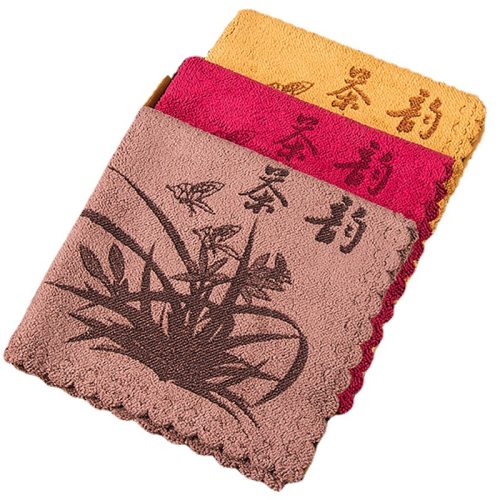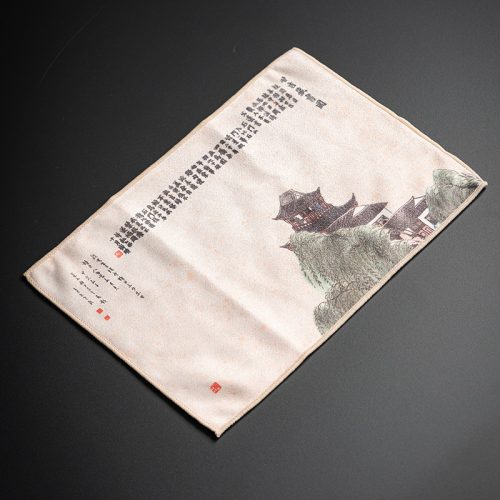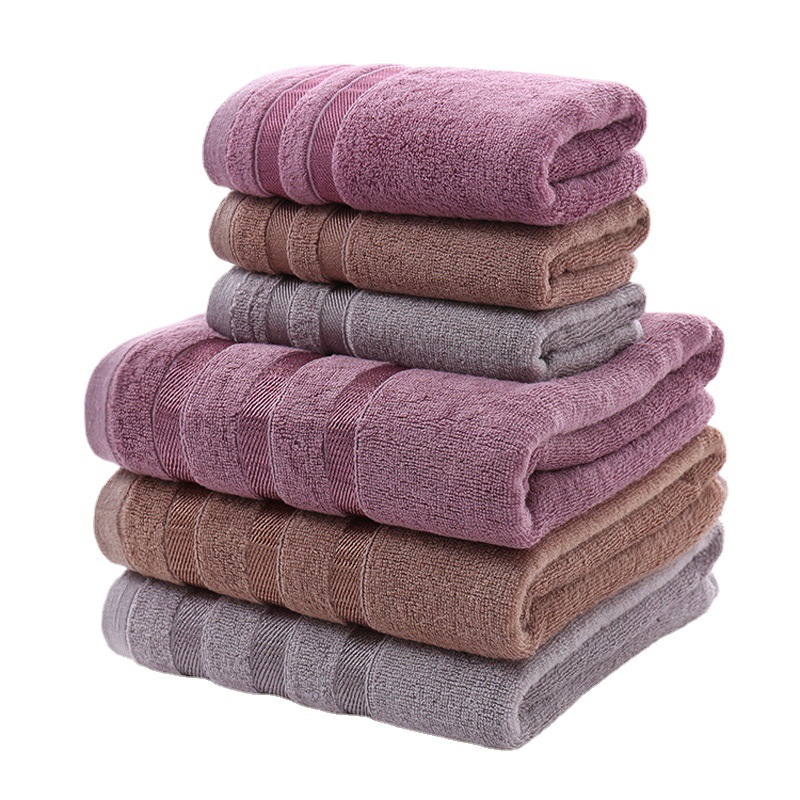Bamboo towels are often considered a sustainable choice for several reasons:
- Renewable Resource: Bamboo is a highly renewable resource. It’s a fast-growing plant that can be harvested without killing the plant itself. Bamboo grows quickly and requires less water compared to many other plants, making it a sustainable material for textile production.
- Biodegradability: Bamboo fibers are biodegradable, meaning they can naturally decompose without leaving harmful residues or toxins in the environment when disposed of properly.
- Less Chemicals: Bamboo is known for its natural antibacterial and antifungal properties, reducing the need for pesticides or chemicals during its growth. This can translate to fewer harmful substances being released into the environment during the production process.
- Water Efficiency: Bamboo requires less water to grow compared to other crops commonly used in textile production, such as cotton. This aspect contributes to conserving water resources.
- Softness and Absorbency: Bamboo fibers are known for being soft, absorbent, and gentle on the skin. Towels made from bamboo can offer comfort while also being highly functional.
- Durability: Bamboo fibers can be quite strong and durable, meaning bamboo towels can potentially last longer than towels made from some other materials.
However, it’s important to note that while bamboo has these sustainable qualities, the production process of bamboo textiles (like other fabrics) may involve various manufacturing methods that can impact the overall sustainability. Processes like chemical treatments and dyeing can offset some of the environmental benefits. Additionally, transportation and the overall supply chain can also affect the carbon footprint of bamboo towels.
Consumers interested in purchasing bamboo towels for their sustainability should look for certifications like OEKO-TEX, GOTS (Global Organic Textile Standard), or FSC (



